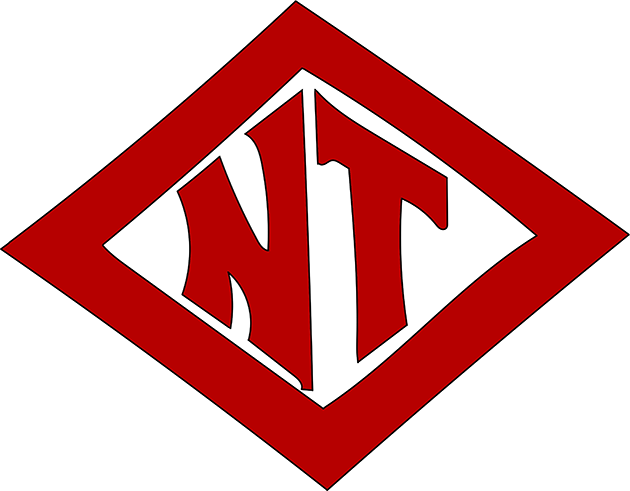Fonner v. Johnson, Fonner keeps title (69 N.Y. 404, 1879-11-11).png
Dublin Core
Title
Fonner v. Johnson, Fonner keeps title (69 N.Y. 404, 1879-11-11).png
Description
AI summary: "Fonner actually first took title in **April 1868**, when he bought the 62‐acre tract (including the 12 acres in dispute) from Locke’s heirs. After Johnson’s suit went to a referee and the referee ordered Fonner to convey those 12 acres, Fonner and his wife executed (and Buffalo recorded) a “Deed—Covenant against Grantor” in favor of John Chadwick on **July 21, 1874** (recorded February 1876). That 1874 deed was the practical upshot of the referee’s report—but when the Court of Appeals **reversed** Chadwick v. Fonner in **November 1879**, it effectively wiped out the order that had compelled the 1874 conveyance, leaving Fonner with the title again."
"Once the Court of Appeals reversed in November 1879, that was the final word in New York. There was no higher state court to which Chadwick could take the case a second time. And since the fight turned purely on New York evidentiary and property rules, there was no federal question to carry it up to the U.S. Supreme Court either. The 1879 reversal therefore stands as the last appellate decision."
Regarding missing record of land conveyance back to Fonner: "What the Court of Appeals did in November 1879 was vacate the referee’s order (and the judgment) that had forced that conveyance, effectively saying in law that Chadwick never got title. To reflect that reversal on the land‐records you’d normally see one of two follow-on filings:
- A Reconveyance Deed: Chadwick (or his estate) would execute and record a deed back to Fonner (often a simple quitclaim) after the reversal, putting the world on notice that the 1874 transfer was a dead letter.
- Docketing the Appellate Judgment: The county clerk would docket the Court of Appeals’ mandate or a certificate of reversal in the judgment docket—linking that decision to the original 1876 judgment roll—so that anyone researching would see the trial-court judgment was reversed.
If you still only see the 1874 deed and no later reconveyance or docketed certificate, it just means no one took the housekeeping step of recording the flip-back instrument, but under New York law the reversal itself stripped Chadwick of title and restored it to Fonner, despite what the bare deed index shows."
"Once the Court of Appeals reversed in November 1879, that was the final word in New York. There was no higher state court to which Chadwick could take the case a second time. And since the fight turned purely on New York evidentiary and property rules, there was no federal question to carry it up to the U.S. Supreme Court either. The 1879 reversal therefore stands as the last appellate decision."
Regarding missing record of land conveyance back to Fonner: "What the Court of Appeals did in November 1879 was vacate the referee’s order (and the judgment) that had forced that conveyance, effectively saying in law that Chadwick never got title. To reflect that reversal on the land‐records you’d normally see one of two follow-on filings:
- A Reconveyance Deed: Chadwick (or his estate) would execute and record a deed back to Fonner (often a simple quitclaim) after the reversal, putting the world on notice that the 1874 transfer was a dead letter.
- Docketing the Appellate Judgment: The county clerk would docket the Court of Appeals’ mandate or a certificate of reversal in the judgment docket—linking that decision to the original 1876 judgment roll—so that anyone researching would see the trial-court judgment was reversed.
If you still only see the 1874 deed and no later reconveyance or docketed certificate, it just means no one took the housekeeping step of recording the flip-back instrument, but under New York law the reversal itself stripped Chadwick of title and restored it to Fonner, despite what the bare deed index shows."
Date
1879-11-11
Collection
Citation
“Fonner v. Johnson, Fonner keeps title (69 N.Y. 404, 1879-11-11).png,” North Tonawanda History, accessed March 5, 2026, https://nthistory.com/items/show/4158.

